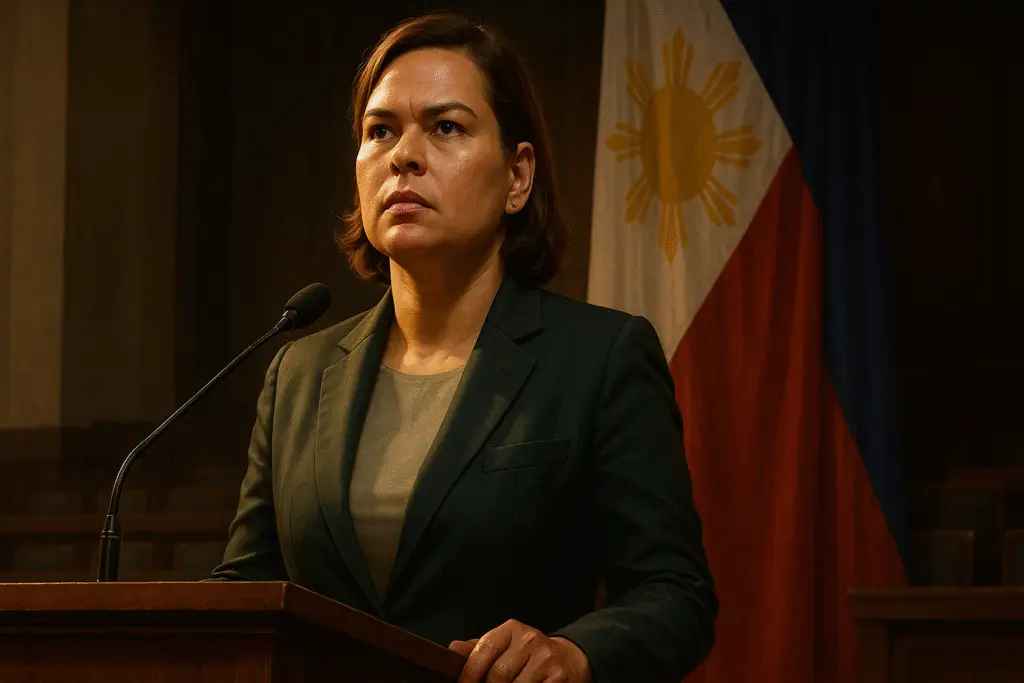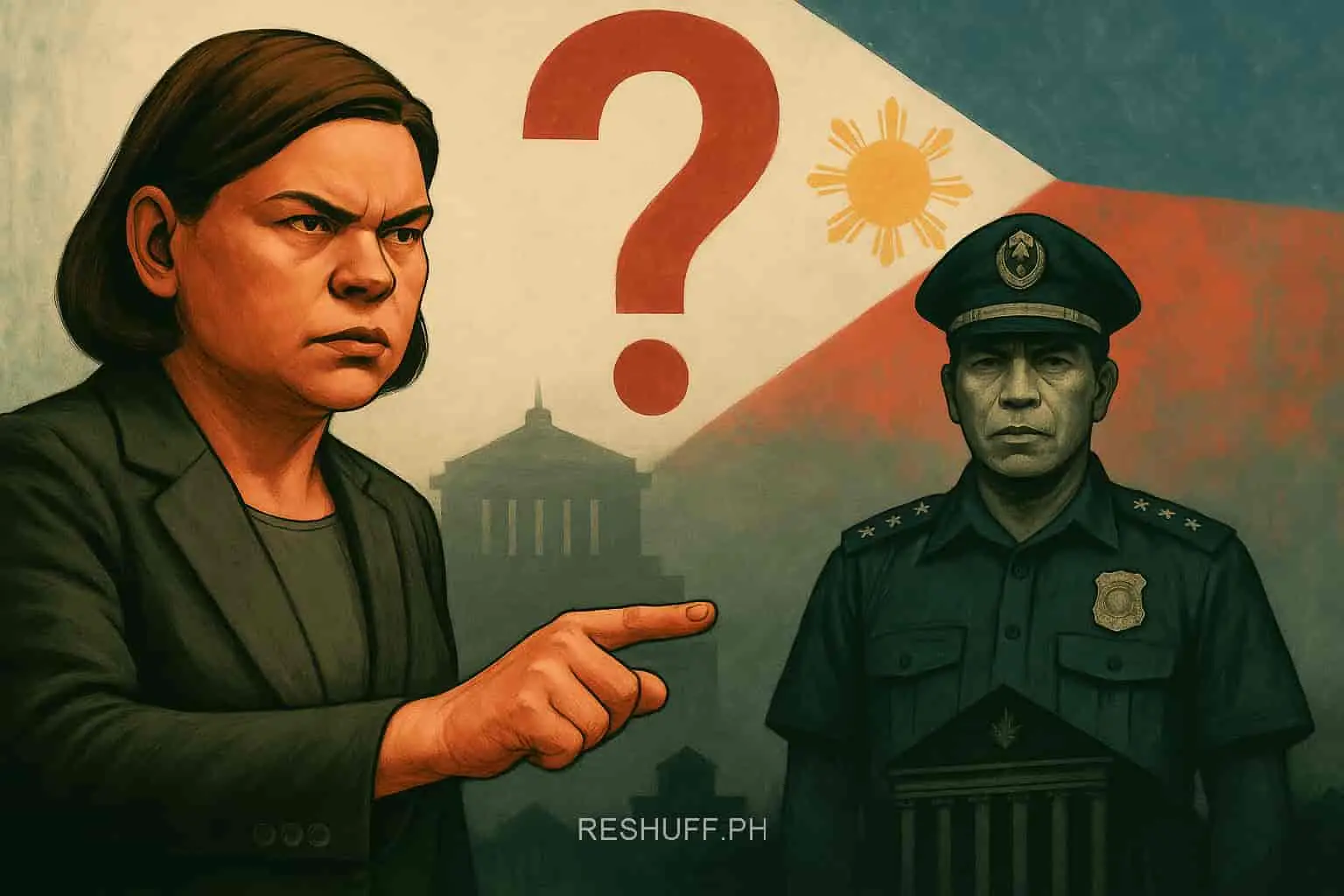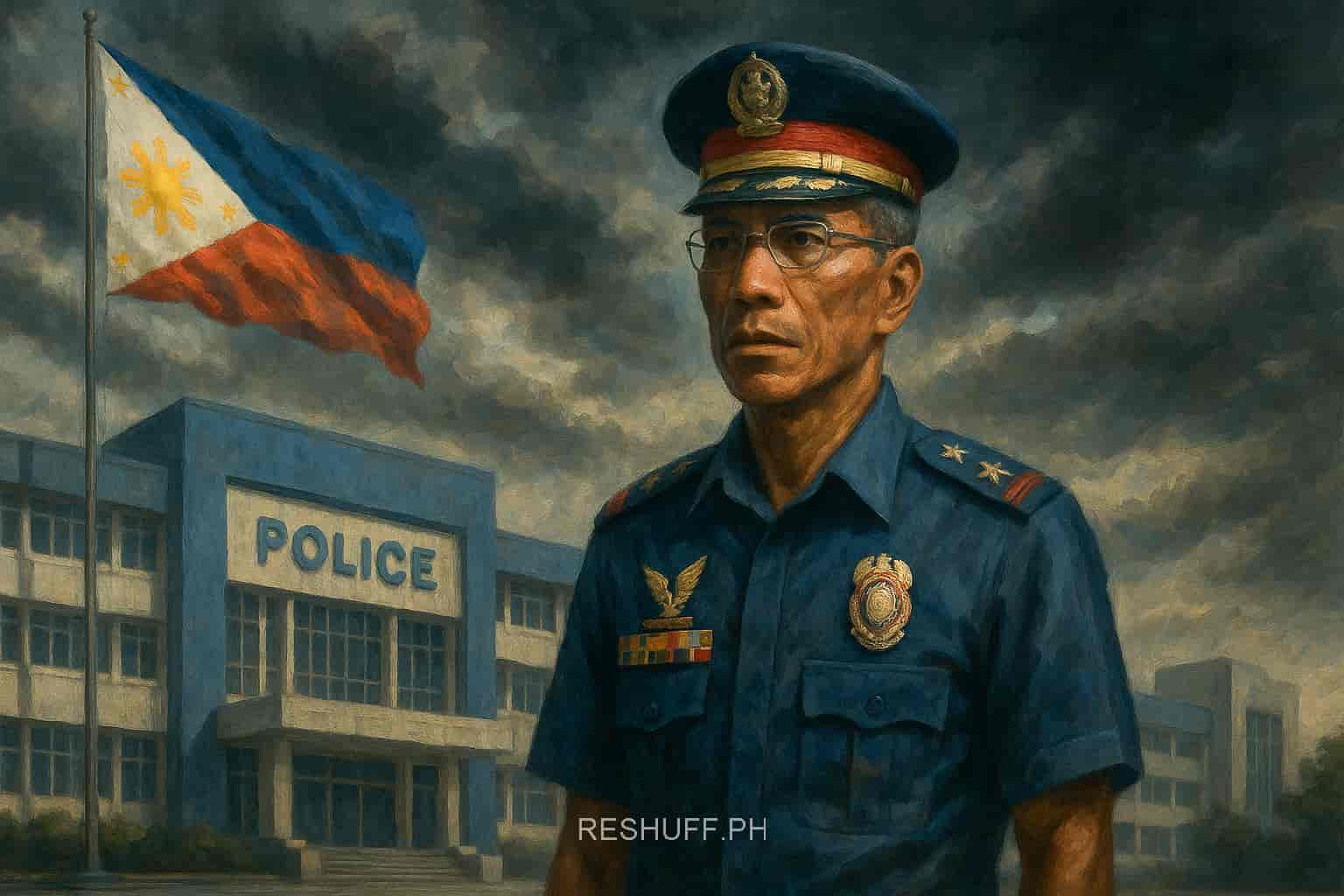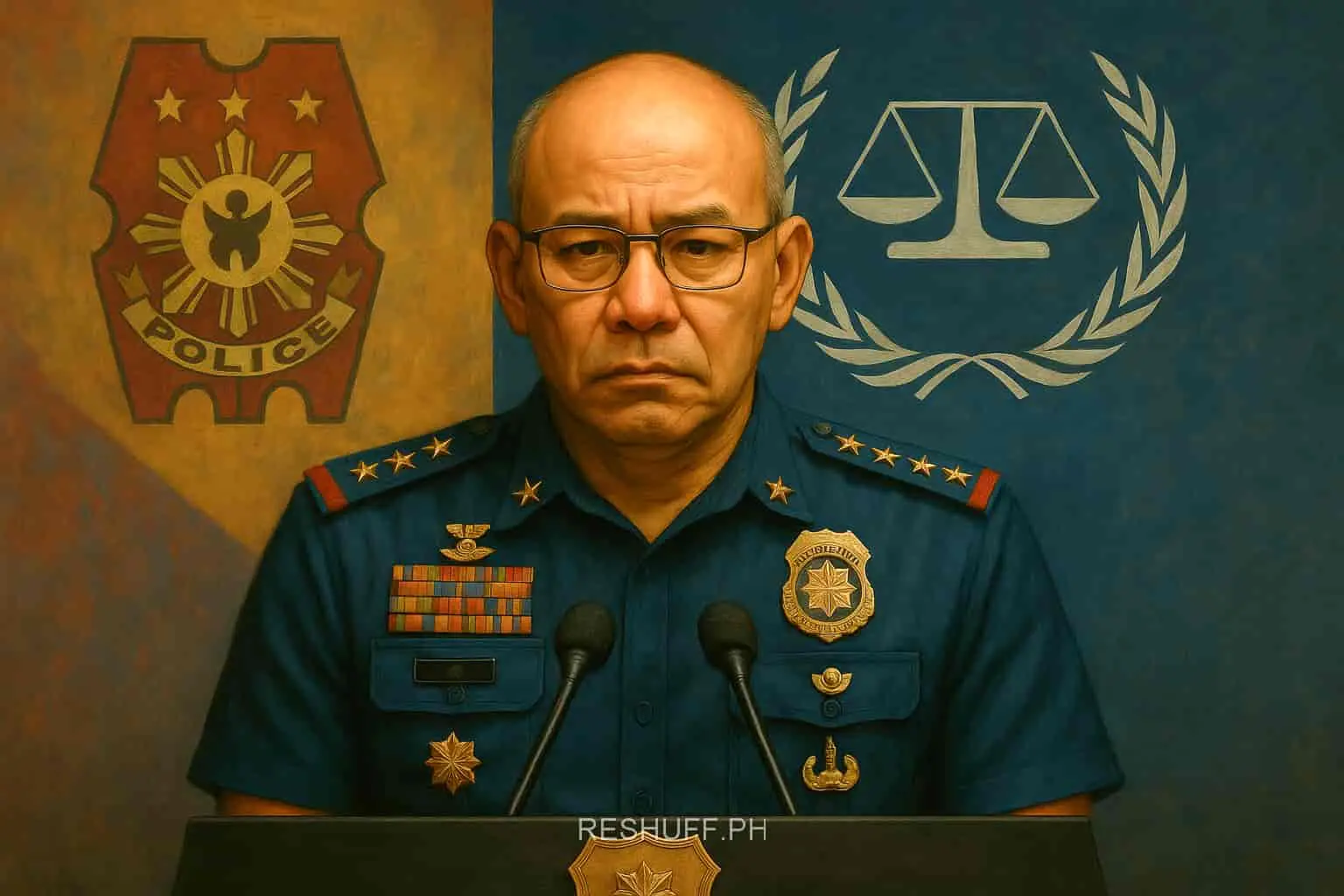In the scorching heat of Philippine politics, a storm is brewing. Vice President Sara Duterte, once a trusted ally of President Ferdinand Marcos Jr., has transformed from coalition partner to fierce rival in what analysts call the most dramatic political realignment in decades.
“I’m seriously considering running in the 2028 presidential elections,” Duterte declared bluntly at a recent press conference, her voice steady but eyes flashing with determination. The statement sent shockwaves through Manila’s political corridors, cementing what many had suspected: the Marcos-Duterte alliance that swept to power in 2022 has shattered beyond repair.
Sara Duterte’s journey to political prominence wasn’t accidental. As the daughter of controversial former President Rodrigo Duterte, she cut her teeth in Davao City, becoming its first female mayor in 2010. Under her leadership, Davao transformed from a crime-ridden backwater to what government statistics called one of the safest cities in Southeast Asia. Her tough-talking style and no-nonsense approach earned her the nickname “Inday Sara” – a term of endearment that stuck even as she ascended to national politics. South China Morning Post
Dr. Maria Ela Atienza, political science professor at the University of the Philippines, notes the significance of Duterte’s political evolution: “Sara represents a new breed of Filipino politicians – someone who combines traditional political machinery with social media savvy and a populist appeal that resonates deeply with ordinary Filipinos.”
But the road to power hasn’t been smooth. In February 2025, Duterte became the first Philippine vice president ever impeached, facing accusations ranging from budget misuse to the explosive claim she plotted to assassinate President Marcos. The House of Representatives voted 240-0 to approve the impeachment, sending the case to the Senate for trial. AP News
The impeachment came after months of escalating tensions between the two highest officials in the land. What began as subtle policy disagreements exploded into open hostility when Duterte publicly stated she would have Marcos assassinated if she herself were killed – a statement that prompted increased security for the president and intensified calls for her removal from office.
“The political rift between Marcos and Duterte reflects deep divisions within Philippine society,” explains political analyst Ramon Casiple. “Their feud isn’t just personal – it represents competing visions for the country’s future and the collision of two powerful political dynasties.”
Despite these challenges – or perhaps because of them – Duterte’s popularity has surged. Recent polls show her approval ratings climbing even as Marcos’ numbers tumble, a trend political strategists attribute to her skillful positioning as an anti-establishment figure despite being part of the government.
“People see her as someone who speaks her mind, who’s not afraid to challenge power even from within,” says journalist Maria Ressa, who has covered Philippine politics for decades. “That authenticity, whether manufactured or genuine, resonates powerfully with voters tired of traditional politicians.”
As the 2028 presidential race looms on the horizon, Duterte has begun cultivating a softer image during overseas trips, particularly with Filipino communities abroad. In Hong Kong last month, she spoke passionately about improving conditions for overseas Filipino workers, presenting herself as a champion of the common people rather than focusing on her bitter feud with Marcos. ABS-CBN
“I will only play to win,” Duterte told supporters when asked about her 2028 plans, her trademark confidence on full display. The statement drew thunderous applause from a crowd waving banners with her image and the slogan “Sara 2028 – The People’s President.”
Senator Juan Miguel Zubiri, a political veteran who has served under three presidents, observes that “Sara has successfully created her own political identity separate from her father’s shadow. That’s no small feat in a country where political dynasties often define careers.”
The vice president’s impeachment trial continues in the Senate, where her team has challenged the constitutionality of the proceedings before the Supreme Court. Legal experts remain divided on whether the case will result in her removal, but most agree on one thing: politically, the damage has already been done to the Marcos-Duterte relationship.
“This is now a proxy war for 2028,” explains political scientist Richard Heydarian. “Every move, every statement from both camps is calculated with the next presidential election in mind.”
As Filipinos watch this high-stakes political drama unfold, Sara Duterte continues reinventing herself – from mayor to vice president to potential president – navigating the treacherous waters of Philippine politics with a skill that has surprised even her harshest critics.
For a nation accustomed to political upheaval, the rise of Sara Duterte represents both continuity and change – the familiar family name paired with a new approach that has captivated supporters and alarmed opponents. As one campaign poster succinctly puts it: “The Duterte legacy continues. The Duterte promise evolves.”





One Response